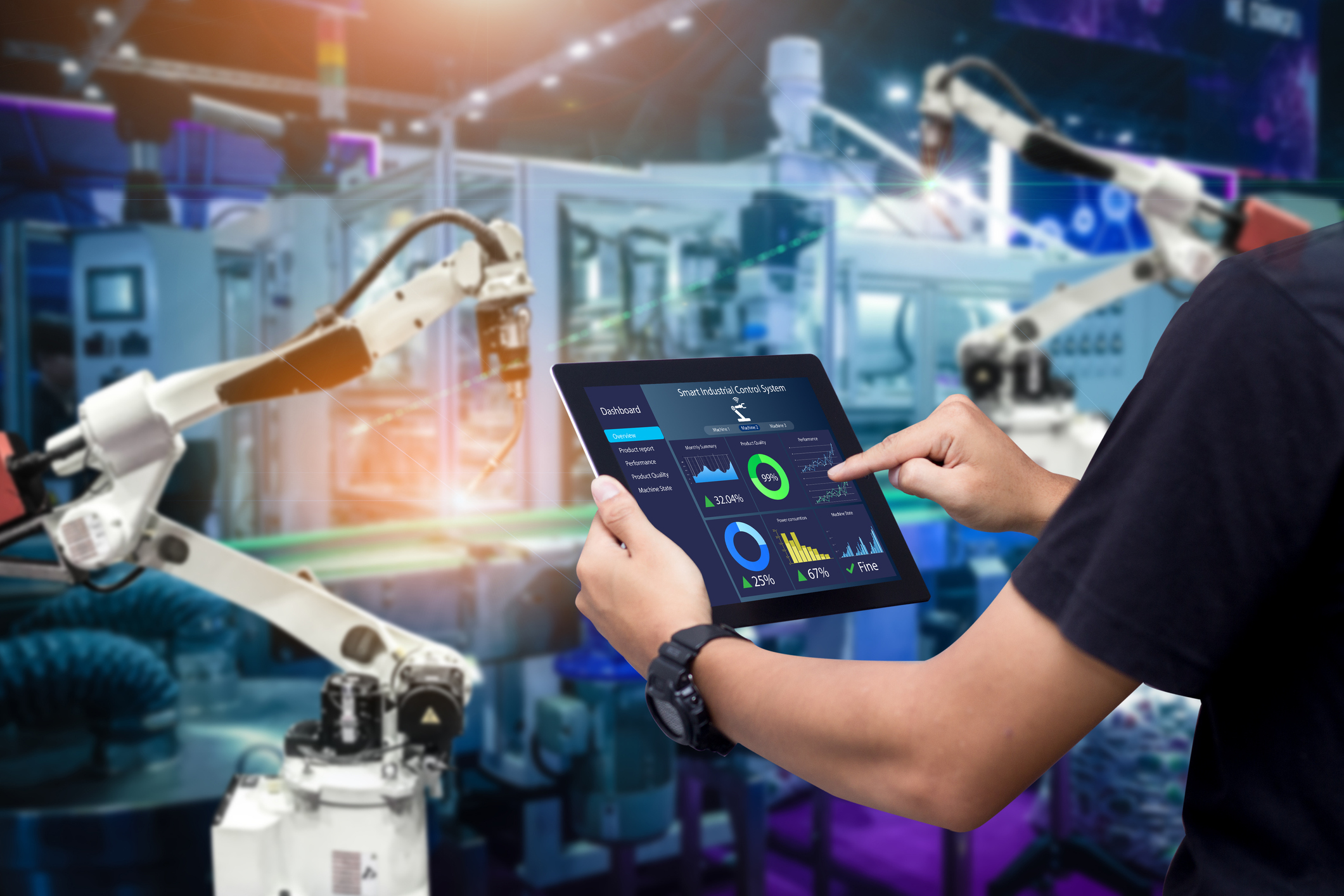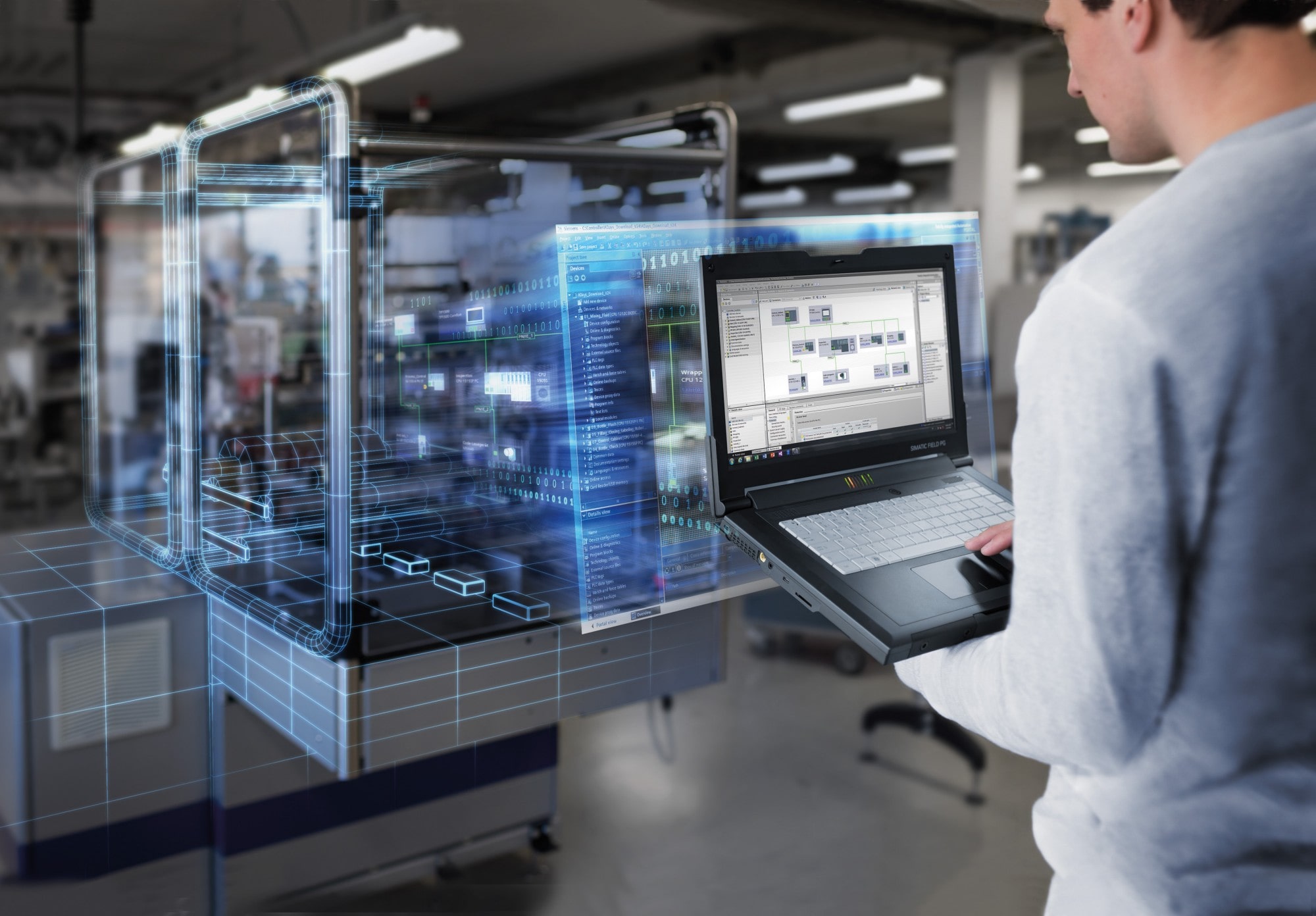When we talk about manufacturing and industry, the keyword that resonates most powerfully today is “efficiency.” Industries worldwide seek to streamline operations, enhance productivity, reduce errors, and cut costs.
To accomplish these objectives, industrial automation systems have emerged as the orchestral maestros of precision, conducting a symphony of machinery and technology to create harmony in production processes.
This blog will comprehensively explore industrial automation systems, focusing on their importance, constituent elements, and profound influence on contemporary industries.
The Rise of Industrial Automation

In the early days of manufacturing, manual labor was the driving force behind production processes. While craftsmanship was commendable, it was marred by speed, consistency, and accuracy limitations. This led to the birth of industrial automation, which aimed to replace or augment human labor with machinery and control systems.
The Significance of Industrial Automation
Enhanced Efficiency
Industrial automation systems are designed to perform repetitive tasks with precision and speed, significantly boosting productivity. Automating assembly lines, quality control, and material handling ensures that operations run seamlessly.
Error Reduction
Human errors can be costly in manufacturing. Automation minimizes the chances of mistakes, leading to higher product quality and fewer defects. This is important in industries where precision is paramount, such as aerospace and pharmaceuticals.
Cost Savings
Although the initial investment in automation systems can be substantial, the long-term cost savings are significant. Reduced labor costs, lower error rates, and increased efficiency all contribute to a positive return on investment.
Safety
Dangerous and repetitive tasks can put human workers at risk. Automation systems can handle these tasks without risking human lives, making workplaces safer.
Components of Industrial Automation Systems
It’s essential to grasp the key components that make up these systems to understand the symphony of precision that is industrial automation.
1. Sensors
Sensors act as the senses of an industrial automation system. They gather data on various parameters such as temperature, pressure, proximity, etc. This data is then used to make real-time decisions and adjustments in the manufacturing process.
2. Controllers
Controllers are the brains of the system. They receive sensor data, process it, and send commands to actuators and other devices. These controllers can range from simple programmable logic controllers (PLCs) to sophisticated computer-based control systems.
3. Actuators
Actuators are the muscles of the automation system. They receive commands from controllers and perform physical actions. Examples of actuators include motors, pumps, valves, and robotic arms.
4. Human-Machine Interface (HMI)
The HMI is the interface through which human operators interact with the automation system. It includes displays, touch screens, and software applications that allow operators to monitor and control the system.
5. Communication Networks
Industrial automation systems rely on communication networks to transmit data between various components. These wired or wireless networks are critical for real-time control and monitoring.
6. Software and Programming
Software plays a pivotal role in defining the behavior of an industrial automation system. Programming languages such as ladder logic and structured text create the logic governing system operations.
Industrial Automation in Action

To illustrate the power of industrial automation, let’s consider a few real-world examples:
1. Automotive Manufacturing
In the automotive industry, precision is non-negotiable. Industrial robots with advanced vision systems and sensors are used for welding, assembling, and inspecting vehicles. These robots work tirelessly, ensuring each car that rolls off the assembly line meets strict quality standards.
2. Pharmaceutical Production
Pharmaceutical companies rely on industrial automation to produce medications with precision. Automated filling and packaging machines ensure accurate dosages, while automated quality control systems detect even the slightest defects or impurities.
3. Food Processing
Food processing plants use automation to handle tasks such as sorting, cutting, and packaging. Automation speeds up production and maintains hygiene standards by minimizing human contact with food products.
The Best Products We Offer
Key takeaways
Industrial automation systems are essential for efficiency and precision in manufacturing, driving productivity, and reducing errors. They consist of components like sensors, controllers, actuators, and software. They have a tangible impact across industries like automotive and pharmaceutical production. Despite initial investments, they offer long-term cost savings through reduced labor expenses and increased efficiency.
Automation also enhances workplace safety by handling dangerous tasks and reducing human worker risks. Industrial automation is constantly evolving, with innovations in robotics, artificial intelligence, and data analytics shaping the future of manufacturing.
Be a part of the symphony of success – step up on this enlightening journey with us today!

13 Responses